I had no shoes, and I felt sorry for myself until I met a man who had no feet. I took his shoes. Now I feel better

I had no shoes, and I felt sorry for myself until I met a man who had no feet. I took his shoes. Now I feel better
George Carlin was a legendary comedian known for his sharp wit and biting social commentary. He often used humor to shed light on the absurdities of life and human behavior. One of his famous quotes is, "Some people see the glass half full. Others see it half empty. I see a glass that's twice as big as it needs to be."In the context of the quote, the idea of feeling sorry for oneself because of a lack of shoes seems trivial and self-indulgent. Carlin would likely point out the absurdity of such a mindset and challenge the notion that material possessions are the key to happiness.
The quote, "I had no shoes, and I felt sorry for myself until I met a man who had no feet. I took his shoes. Now I feel better," could be seen as a satirical commentary on the human tendency to compare ourselves to others and seek validation through material possessions. Carlin would likely point out the irony of feeling better by taking someone else's shoes, rather than finding contentment within oneself.
Carlin often criticized consumerism and the pursuit of material wealth as a shallow and ultimately unfulfilling endeavor. He would likely use this quote to highlight the absurdity of seeking happiness through external means, rather than cultivating a sense of gratitude and perspective on one's own circumstances.


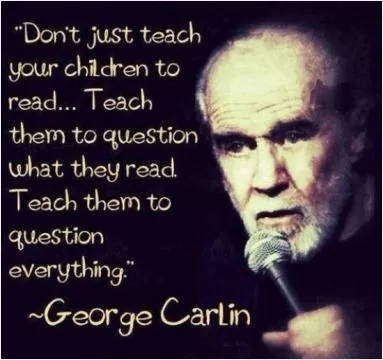
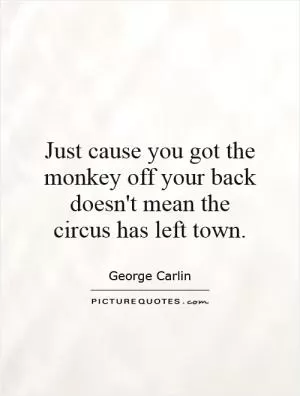




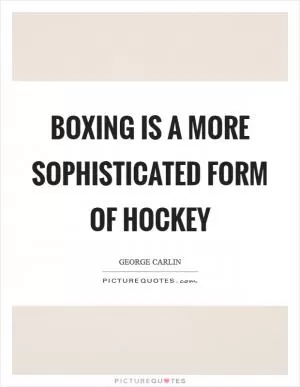
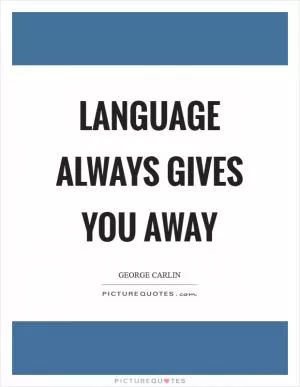
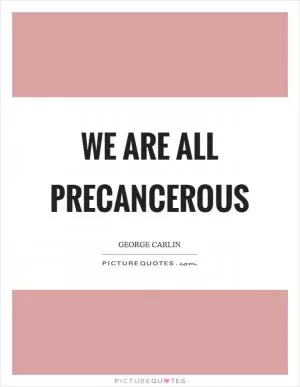
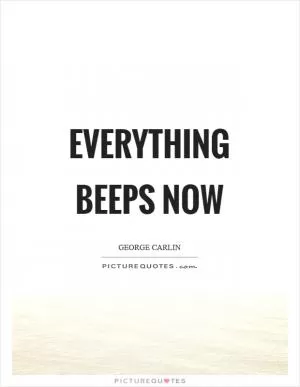
 Friendship Quotes
Friendship Quotes Love Quotes
Love Quotes Life Quotes
Life Quotes Funny Quotes
Funny Quotes Motivational Quotes
Motivational Quotes Inspirational Quotes
Inspirational Quotes